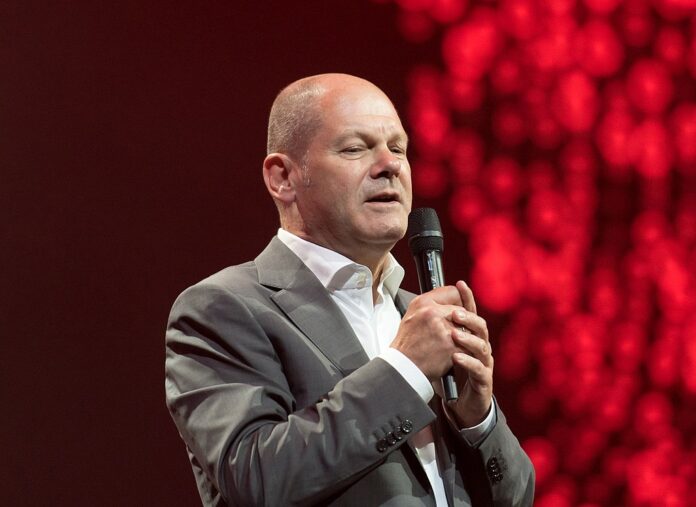Amidst significant political tensions and a complex set of challenges, German Chancellor Olaf Scholz has announced he will seek a parliamentary vote of confidence. This pivotal moment in German politics comes at a time when the nation faces myriad internal and external pressures, testing both the Chancellor’s leadership and the political stability of Europe’s largest economy. Scholz’s request for a confidence vote comes after weeks of speculation about his government’s ability to address pressing issues, including economic recovery, energy policy, and immigration. Internally, the coalition government has faced disagreements over policy directions, particularly in the realms of economic reforms and climate policies.
Embed from Getty ImagesExternally, Germany’s role in the European Union and its response to global challenges such as climate change and geopolitical tensions are key areas being scrutinized by allies and adversaries alike. The outcome of the vote will significantly impact Scholz’s ability to guide Germany through this challenging period and maintain its influence on the European stage.
The decision to call for a confidence vote is seen by some as a bold move that underscores Scholz’s commitment to strong leadership. Successfully securing the vote could strengthen his position, offering him a renewed mandate to tackle Germany’s challenges head-on. On the other hand, losing the vote could usher in a period of political instability, potentially leading to new elections and a shift in the government’s policy focus.
Perspectives
Perspective 1: Supporters of Chancellor Scholz argue that the confidence vote is a necessary mechanism to reaffirm
government stability and unity amid internal challenges. They believe that a successful vote will provide him with the authority needed to implement much-needed reforms while maintaining Germany’s leadership role in the EU. These advocates see the vote as a test of trust in Scholz’s vision and leadership under challenging circumstances.
Sources:
Reuters
CNN
Perspective 2: Critics, however, argue that the confidence vote is a sign of leadership weakness, indicating unresolved divisions within the coalition government. They express concern that internal conflicts could distract from pressing national issues and undermine Germany’s reputation on the world stage. This perspective advocates for a more dynamic leadership approach to address internal discord, arguing that this step may delay urgent reform implementations.
Sources:
Reuters
AP News
Perspective 3: Observers from outside Germany view the confidence vote as a reflection of broader political instability within Europe. They highlight that Germany’s political turbulence often has ripple effects on the EU, affecting economic cooperation and shared policy agendas. These analysts emphasize the need for German leadership in upholding European unity, suggesting that political instability in Berlin could have significant implications for EU strategies against global challenges.
Sources:
CNN
The Guardian
